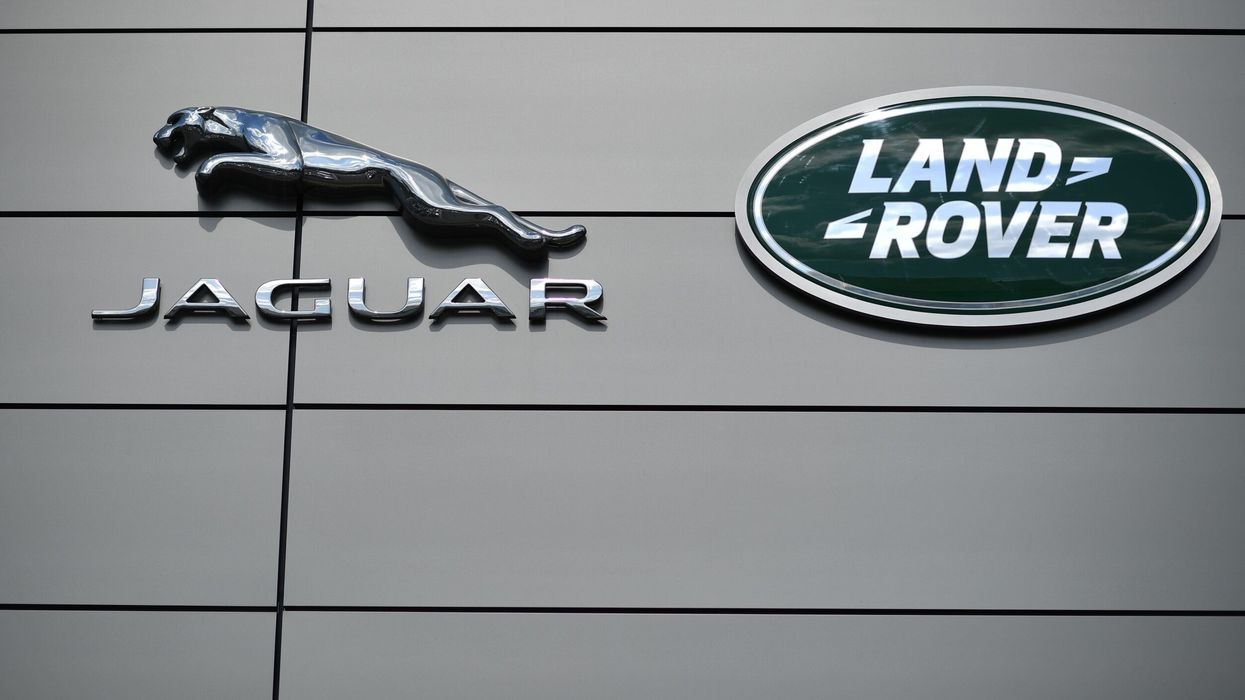UK VEHICLE exports to the United States rose in July after a new trade deal between London and Washington reduced tariffs, industry data showed on Thursday.
According to the Society of Motor Manufacturers and Traders (SMMT), exports increased 6.8 per cent in July to nearly 10,000 units, following three consecutive months of decline.
The SMMT had earlier reported that exports to the US dropped 55.4 per cent in May compared with the same month last year, with smaller falls recorded in April and June.
"The US remains the largest single national market for British built cars, underscoring the importance of the UK-US trade deal, and July's performance illustrates the impact of this deal," the SMMT said.
The agreement, finalised in May and effective from June 30, cut tariffs on UK car exports to 10 per cent on up to 100,000 vehicles a year.
In April, US President Donald Trump had imposed a 27.5 per cent tariff, reducing demand and forcing manufacturers, including Jaguar Land Rover (JLR) and Aston Martin, to scale back or suspend shipments.
Almost 80 per cent of cars made in the UK last year were exported, mainly to the European Union.
The UK auto industry is largely made up of foreign-owned brands such as Japan’s Nissan and India-owned JLR.
The US is also a major market for UK-produced luxury models from Bentley and Rolls-Royce, both owned by German groups.
(With inputs from agencies)





